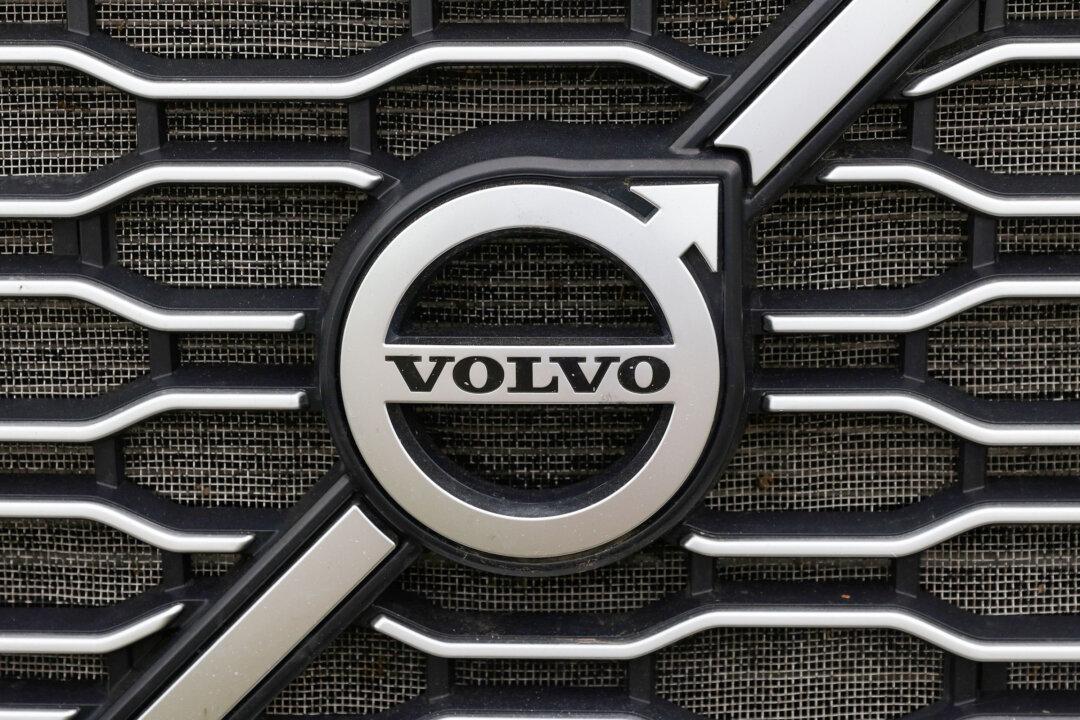Auto giant Volvo Cars announced on Sept. 4 that it has abandoned plans to sell only fully electric cars (EVs) by 2030, saying it now expects to sell both plug-in vehicles as well as some hybrid engine cars by that date.
The Chinese-owned Swedish vehicle maker revealed it has scrapped its previous target in a press release, citing “changing market conditions and customer demands.”




